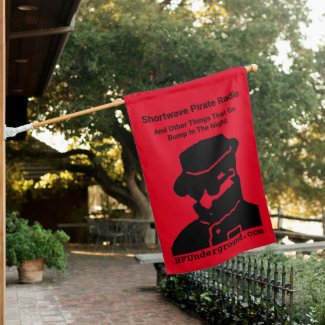April 2, 2009, 7:04 am
How Much More Spectrum Do We Need?
By Saul Hansell
There’s no bigger question facing Julius Genachowski than how to allocate the country’s wireless spectrum. If Congress approves his nomination to head the Federal Communications Commission, Mr. Genachowski’s first major task will be to develop the national broadband strategy that is required under the new stimulus law.
A number of factors are pushing up demand for wireless capacity, including the rapid adoption of smartphones, new applications and unlimited-use pricing plans.
Over the next two years, we are going to see more and faster wireless service from AT&T and Verizon. Those companies just won a large portion of the spectrum the government auctioned off last year that is being abandoned as television stations switch to their new digital frequencies.
A lot of telecom experts are wondering whether those added frequencies will offer enough capacity. They note that a great deal of spectrum now allocated to various government and military uses might well be able to be converted to consumer broadband. Of course, this not only would require action by the F.C.C., but also a willingness by the current owner of the spectrum to give it up. And what agency wants to lose rights to something that probably never can be reclaimed–even if it is hardly being used today?
You can start to see the advance lobbying preparing for this discussion by watching the various Washington consulting groups and think tanks, almost always sponsored by various interest groups. Wired tells of a new report by Rysavy Research (and paid for by the wireless industry) that argues, “Licensing significant amounts of additional spectrum will be imperative if the United States wants its mobile operators to continue expanding and upgrading the country’s wireless broadband networks.”
Policy in Washington is an eight-dimensional chess game. So you can see the early gambits of various players trying to make the case for prying loose the government-controlled spectrum. Senator John Kerry, the Massachusetts Democrat who now heads a new technology subcommittee and Senator Olympia Snowe, the Maine Republican, have introduced the Radio Spectrum Inventory Act meant to create a list of how the wireless bandwidth is used now.
Even if the commission finds a way to pry spectrum loose from other agencies, the next debate will be how to allocate it. The lobbying groundwork is being laid there too. Some of the people on President Obama’s telecommunications transition team have been arguing that the previous auctions have not served competition and innovation. (The 700 MHz auction certainly didn’t enhance competition if you define it as having more than two viable players in a market.) They suggest that some sort of open approach that lets many companies use the same spectrum would be an important alternative to explore.
In an introduction to the Rysavy report, William Webb, the head of research and development for Ofcom, the British communications regulator, rejects that view. And he defends licensing each block of spectrum to one company rather than creating a spectrum commons. He cites research that open spectrum, such as is used for Wi-Fi, generated only 1 percent of the economic value generated by wireless systems in Britain.
Many of the most important innovations of the last decade such as GPS, wireless e-mail, mobile TV, texting and more have all occurred in licensed spectrum.
Consider this as a preview to the coming debate.



